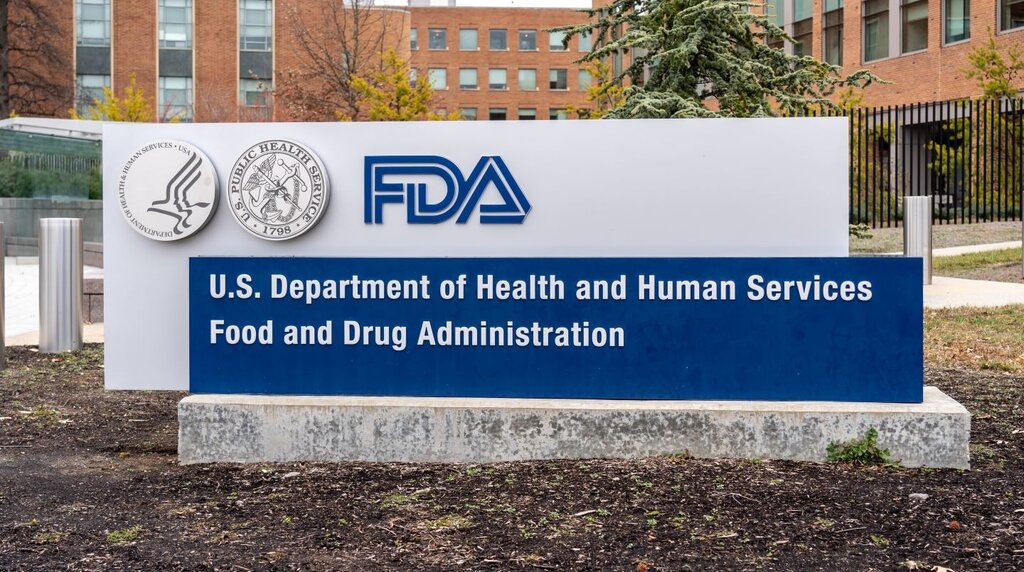Feature
How sham patents are hurting the pharma industry
The FTC is cracking down on pharma companies filing sham patents in the Orange Book to delay generics competition. Sally Turner investigates.

The FTC is cracking down on pharma companies filing sham patents in the Orange Book to delay generics competition. Credit: Getty Images/boonchai wedmakawand
Patent protection enables pharmaceutical companies to manufacture and market novel drugs, ensuring they make an initial profit from their discoveries. After a patent expires, other pharmaceutical companies are free to manufacture the drug as a generic or biosimilar. This encourages competition, making healthcare more affordable for the public.
The world of patents is complex, particularly in the pharmaceutical industry as innovation is crucial for the development of life-saving drugs. In this backdrop, concern is now growing over the emergence of sham patents, the integrity of the patent system, and the potential for abuse.
Sham patents, also known as “fraudulent” or “bad faith” patents, are obtained with deceptive practices or with the intent to hinder competition rather than to protect genuine innovations. In a strategic move, some pharmaceutical companies will file patents that contain misleading information, lack novelty, and are overly broad in their scope, in an attempt to maintain exclusivity and restrict market access for legitimate competitors.
The Orange Book and its role in the pharma industry
The Orange Book is used as a reference by pharmaceutical companies to register patents of approved drugs and it is a statutory requirement for the industry. Officially titled the Approved Drug Products with Therapeutic Equivalence Evaluations, it is published by the US Food and Drug Administration (FDA) and provides a comprehensive list of approved drug products – novel brands and generics.

Credit: JHVEPhoto / Shutterstock.com
“The purpose of the Orange Book process,” says Rohit Singla, a litigation partner at US law firm Munger, Tolles & Olsen, “including the triggering of patent litigation and a temporary stay of FDA approval, is to give generic drug companies patent certainty before coming to market.”
“[The Orange Book] is a very unusual system that has greatly encouraged generic companies to challenge patents,” Singla continues.
[The Orange Book] is a very unusual system that has greatly encouraged generic companies to challenge patents.
Rohit Singla, a litigation partner at US law firm Munger, Tolles & Olsen
Singla specialises in the legalities of intellectual property in high technology industries, and explains that generic companies can challenge patents without facing any damages if they lose, because they are not yet taking sales from the patent holder.
“Before the Orange Book process, generics were forced to market their products and then face patent litigation,” he adds. “If they lost, the generic faces potentially massive liability. A smaller generic company could even be bankrupted. This discouraged the development of generic drugs, and fixing this problem was a major success of the Hatch-Waxman legislation.”
The Drug Price Competition and Patent Term Restoration Act of 1984, also known as the Hatch-Waxman Amendments, established the approval pathway for generic drug products, including provisions for patents and 180-day exclusivity for certain Abbreviated New Drug Applications (ANDA) applicants.
When a brand pharmaceutical company lists a patent in the Orange Book it may lead to a statutory stay that blocks the introduction of competing drug products for up to 30 months, including lower-cost generic alternatives.
Sham patents and the Orange Book
One common strategy employed by pharmaceutical companies to extend their monopoly over a particular drug is a practice known as “evergreening”. Often, they will file additional patents on existing drugs that list minor modifications or secondary uses, with a view to delaying generic competition. The practice allows brand-name pharma companies to maintain exclusivity for extended periods and can cause unnecessary delays in the approval of more cost-effective generic and biosimilar drugs.
Moving forward, the FTC will scrutinise improper Orange Book patent listings as potential unfair methods of competition.
Regulatory agencies, such as the FDA, play a crucial role in addressing the impact of sham patents. Along with approving generic drug applications, the FDA must evaluate the legitimacy of patents listed in the Orange Book and ensure that competition thrives.
In September 2023, The US Federal Trade Commission issued a policy statement titled “Concerning Brand Drug Manufacturers’ Improper Listing of Patents in the Orange Book”. Moving forward, the FTC will scrutinise improper Orange Book patent listings as potential unfair methods of competition in violation of Section 5 of the FTC Act.
In a press release when the policy statement was launched, the FTC reported that “such improper patent listings have likely been distorting pharmaceutical markets for decades. A 2002 FTC study, for example, identified numerous instances in which the automatic 30-month stay was used to block competition. Since then, the Commission has filed several lawsuits and amicus briefs in court alleging the anticompetitive impacts of improper Orange Book patent listings.”
The way forward
While the FTC’s policy statement has been seen as a step in the right direction by some industry experts, Singla is not convinced.
“The FTC wants to restrict the patents in the Orange Book to avoid the delay that comes from pre-market patent litigation and the associated stay of FDA approval,” he explains. “But that will come at a cost that the FTC may not be considering sufficiently. For drugs covered by a patent the FTC has excluded from the Orange Book, generics may be discouraged by the prospect of having to come to market and face damages exposure to challenge the patent.”
Addressing this issue and the overarching problems associated with sham patents will require a multi-faceted approach involving legal, regulatory, and industry efforts. Legal challenges to sham patents often involve litigation, with generic manufacturers filing lawsuits to challenge the validity of questionable patents. Recent legal developments, such as the Supreme Court decision in the case of Thryv, Inc. v. Click-to-Call Technologies, L.P., in 2020 have made it easier to challenge the validity of patents through the administrative process known as inter partes review (IPR).
Moving forward, the challenge is to maintain a balance between protecting legitimate innovations and preventing the abuse of the patent system – in order to best serve the interests of the public and the healthcare space.